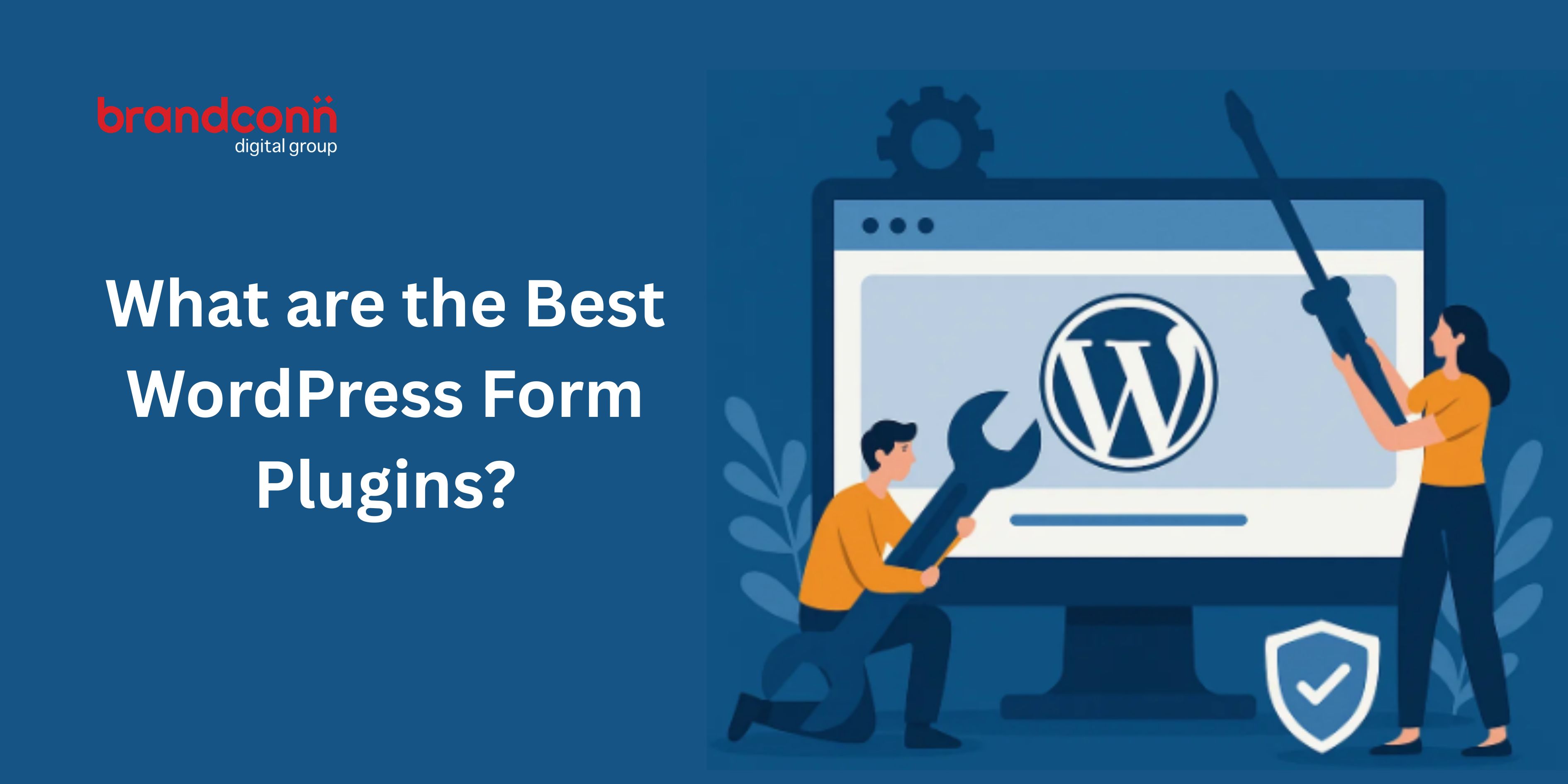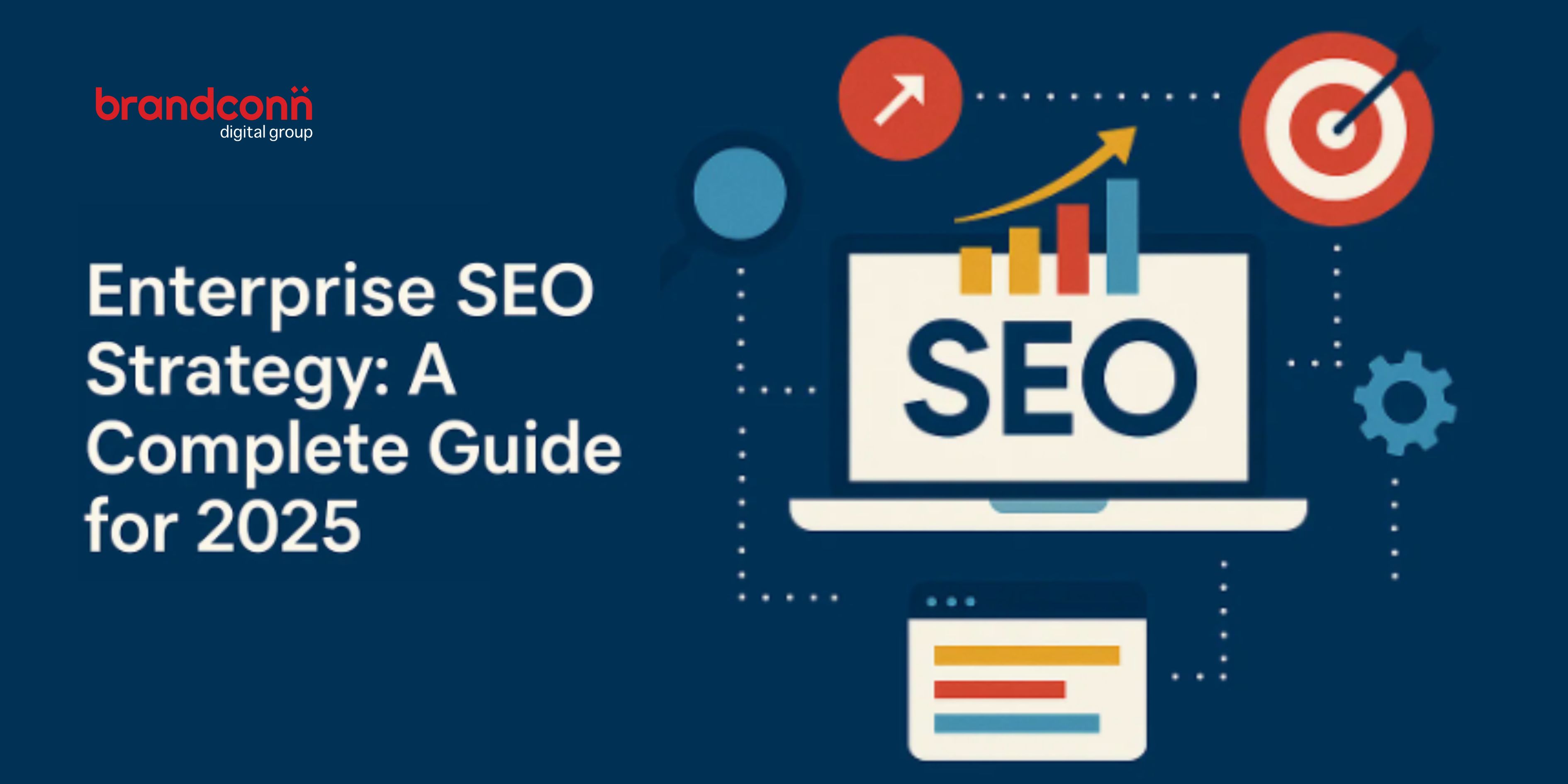How to Secure Your WordPress Website: 22 Best Practices

Strong 8k brings an ultra-HD IPTV experience to your living room and your pocket.
WordPress powers over 40% of all websites, making it a prime target for cyber threats. From hacking attempts to malware injections, security vulnerabilities can put your website and business at risk. However, with the right security measures, you can safeguard your site from potential threats.
If you run a business, ensuring your website is secure is essential to protect sensitive data and maintain user trust. A WordPress Development Company in India can help you implement the best security practices to keep your website safe.
Here are 22 proven ways to secure your WordPress website.
1. Keep WordPress Updated
Regular updates ensure your WordPress core, themes, and plugins are patched against vulnerabilities. Always install the latest versions to protect your site from security loopholes.
2. Use Strong Login Credentials
Avoid using generic usernames like "admin" and set strong passwords that combine letters, numbers, and special characters.
3. Enable Two-Factor Authentication (2FA)
Adding an extra layer of security, such as Google Authenticator, makes it harder for hackers to gain access to your site.
4. Limit Login Attempts
Hackers use brute force attacks to guess passwords. Limiting login attempts reduces unauthorized access risks.
5. Change the Default Login URL
The default WordPress login URL is yourwebsite.com/wp-admin. Changing it to a custom URL prevents automated hacking attempts.
6. Use a Secure WordPress Hosting Provider
Opt for a reliable hosting provider with security features like firewalls, malware scanning, and automated backups. A WordPress Development Company in India can recommend secure hosting options.
7. Install an SSL Certificate
An SSL certificate encrypts data between the user and the server, making it essential for website security. It also improves search engine rankings.
8. Keep Plugins and Themes Updated
Hackers frequently use outdated plugins and themes as entry points. Always update or remove unused ones.
9. Install a WordPress Security Plugin
Security plugins like Wordfence, Sucuri, or iThemes Security provide firewall protection, malware scans, and login security.
10. Use a Web Application Firewall (WAF)
A firewall blocks malicious traffic before it reaches your website, preventing cyberattacks.
11. Disable XML-RPC
XML-RPC is a common target for brute-force attacks. If you don’t need it, disable it to reduce vulnerabilities.
12. Secure Your Database with Strong Credentials
Rename the default WordPress database prefix (wp_) to something unique and use strong database credentials.
13. Perform Regular Backups
Regular backups ensure you can restore your website in case of a cyberattack. Use plugins like UpdraftPlus or BackupBuddy.
14. Implement User Role Management
Restrict access by assigning roles wisely. Only provide admin access to trusted users.
15. Protect wp-config.php and .htaccess Files
The wp-config.php file contains sensitive information. Restrict access to it using file permissions.
16. Disable File Editing from the Dashboard
Hackers can use the WordPress editor to insert malicious code. Disable file editing by adding this line to wp-config.php:
17. Monitor Login Activity
Keep track of login attempts and suspicious activities using plugins like WP Activity Log.
18. Block Hotlinking
Hotlinking allows others to use your images, increasing server load. Prevent it by modifying the .htaccess file.
19. Scan for Malware Regularly
Use security plugins to scan for malware and suspicious files to detect threats early.
20. Enable Automatic Logout
Users should be logged out automatically after a period of inactivity to prevent unauthorized access.
21. Secure WordPress APIs
Using REST APIs, limit access to trusted sources to prevent exploitation.
22. Hire a WordPress Development Company in India
If you lack technical expertise, hiring a WordPress Website Design Company India ensures your website follows best security practices. Professional developers can handle security updates, backups, and firewall installations efficiently.
Final Thoughts
Securing your WordPress website is essential to protect data, maintain performance, and build user trust. Whether you’re managing an eCommerce store or a business website, implementing these 22 best practices will significantly reduce security risks.
If you need expert guidance, consider partnering with a WordPress Development Company in India to enhance your website’s security and performance. Invest in security today to avoid costly cyberattacks in the future!
Note: IndiBlogHub features both user-submitted and editorial content. We do not verify third-party contributions. Read our Disclaimer and Privacy Policyfor details.







